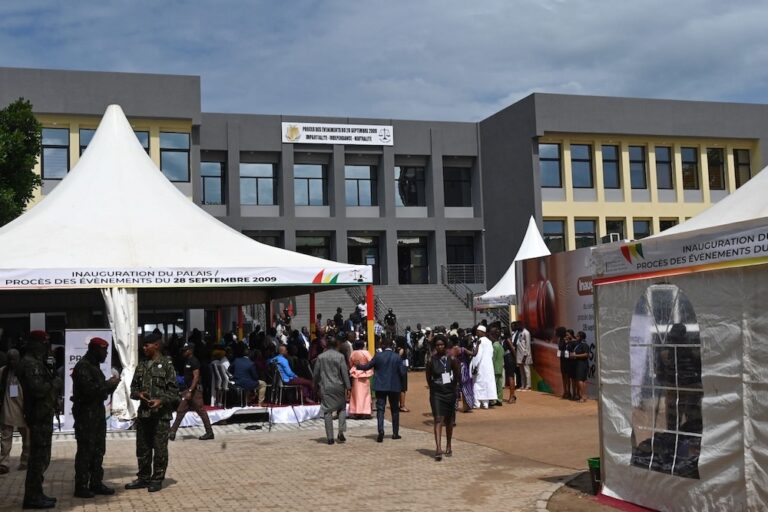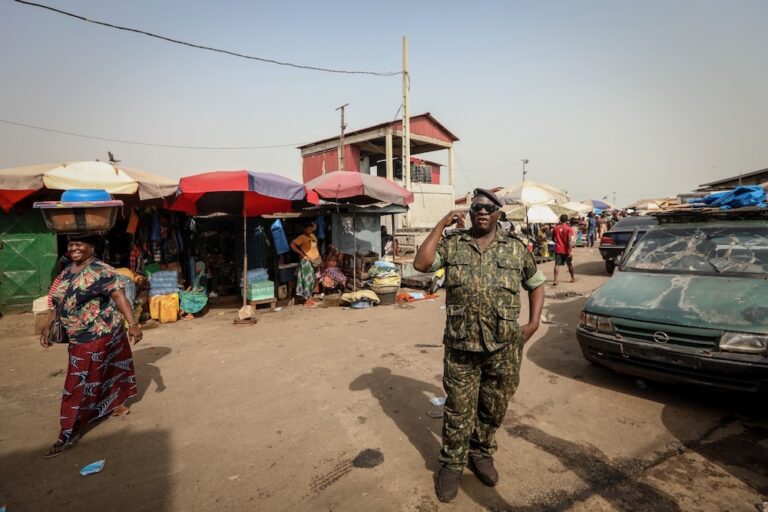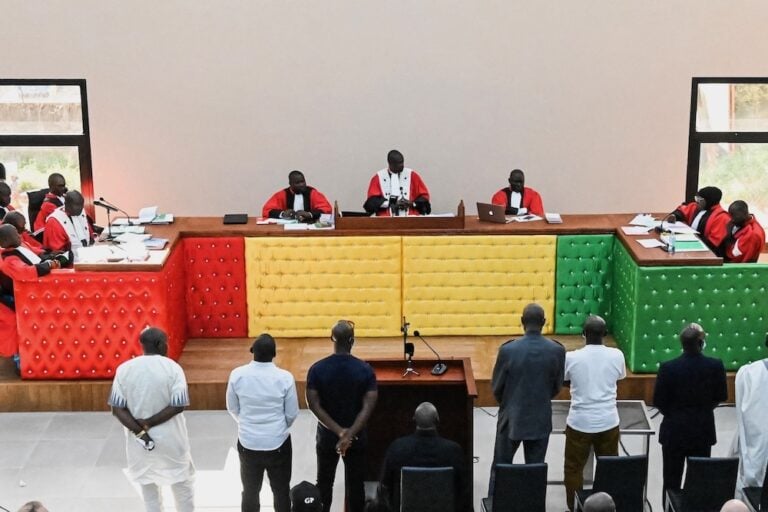For many Guineans, the National Communications Council's recent directives to media are merely an attempt to hide the truth behind a recent attack on the president's residence.
(MFWA/IFEX) – The National Communications Council (CNC), Guinea’s media regulatory body, on July 26, 2011 suspended publication and broadcast of all material relating to the recent alleged assassination attempt on President Alpha Condé.
The suspension includes political phone-in programmes in French and all other local languages in the country.
On the night of July 18, 2011, armed soldiers suspected to be close associates of the junta leader, Captain Dadis Camara, reportedly attacked the residence of President Condé. The President escaped unharmed and claimed the attack was an attempted coup d’état. About thirty officers have since been arrested over the incident.
According to the Media Foundation for West Africa’s (MFWA) correspondent, Article 2 of the CNC directive specifies that “the entities concerned are all public and private information organs (public and private radio and television stations, print media and on-line newspapers).”
Article 3 of the directive warns that “any breach of this decision will be punished in accordance with the law.”
Many Guineans view the CNC directive as a gag order which attempts to hide the truth behind the attack on the President’s residence.
“For many, this attack was faked by the authorities to cleanse the army and arrest troublesome officers,” according to MFWA’s correspondent.
Meanwhile, media associations and journalists’ unions have rejected the directive.
According to a number of these groups, the CNC’s directive blatantly violates the Constitution, which guarantees media freedom, among other liberties.


